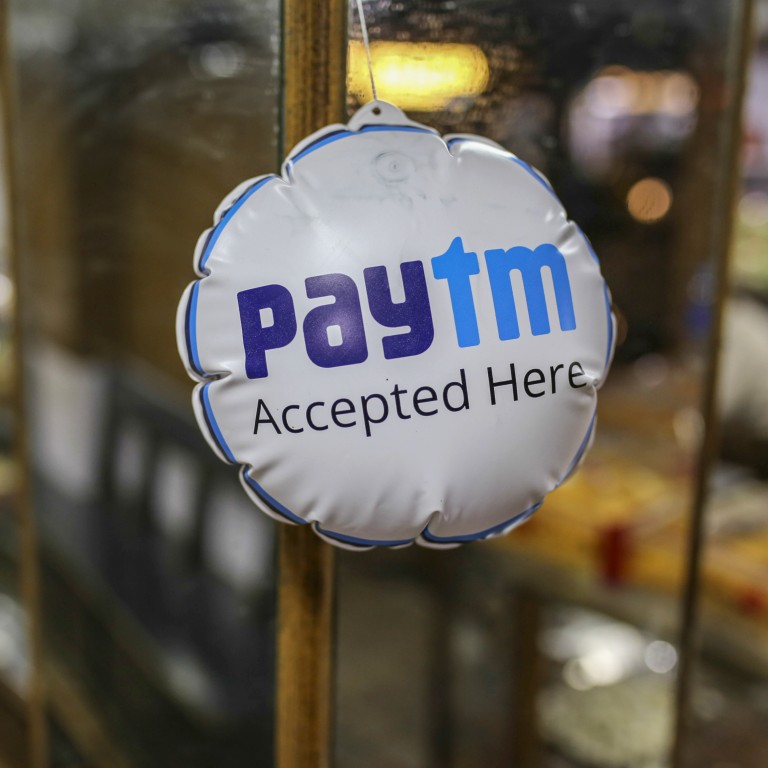
Paytm shares rout deals painful reality check for India’s ‘casino’ IPO markets
- One of the worst-ever market debuts by a big tech company saw local investors steer clear of India’s largest-ever public offering, amid doubts over the firm’s road to profitability
- Even so, some see a silver lining in that it may moderate the frenzy for IPOs and restore the hunt for value. Paytm founder Vijay Sharma, meanwhile, is unbowed, likening the company’s position to Tesla’s early years
The rout is seen as scooping some of the froth from India’s frenzied IPO market and prompting investors to look more critically at fundamentals like revenue and profitability in assessing IPO valuations.
“There’s a lesson here: don’t pay attention to the hype,” said Deven Choksey, managing director of brokerage firm KRChoksey Shares and Securities Pvt.
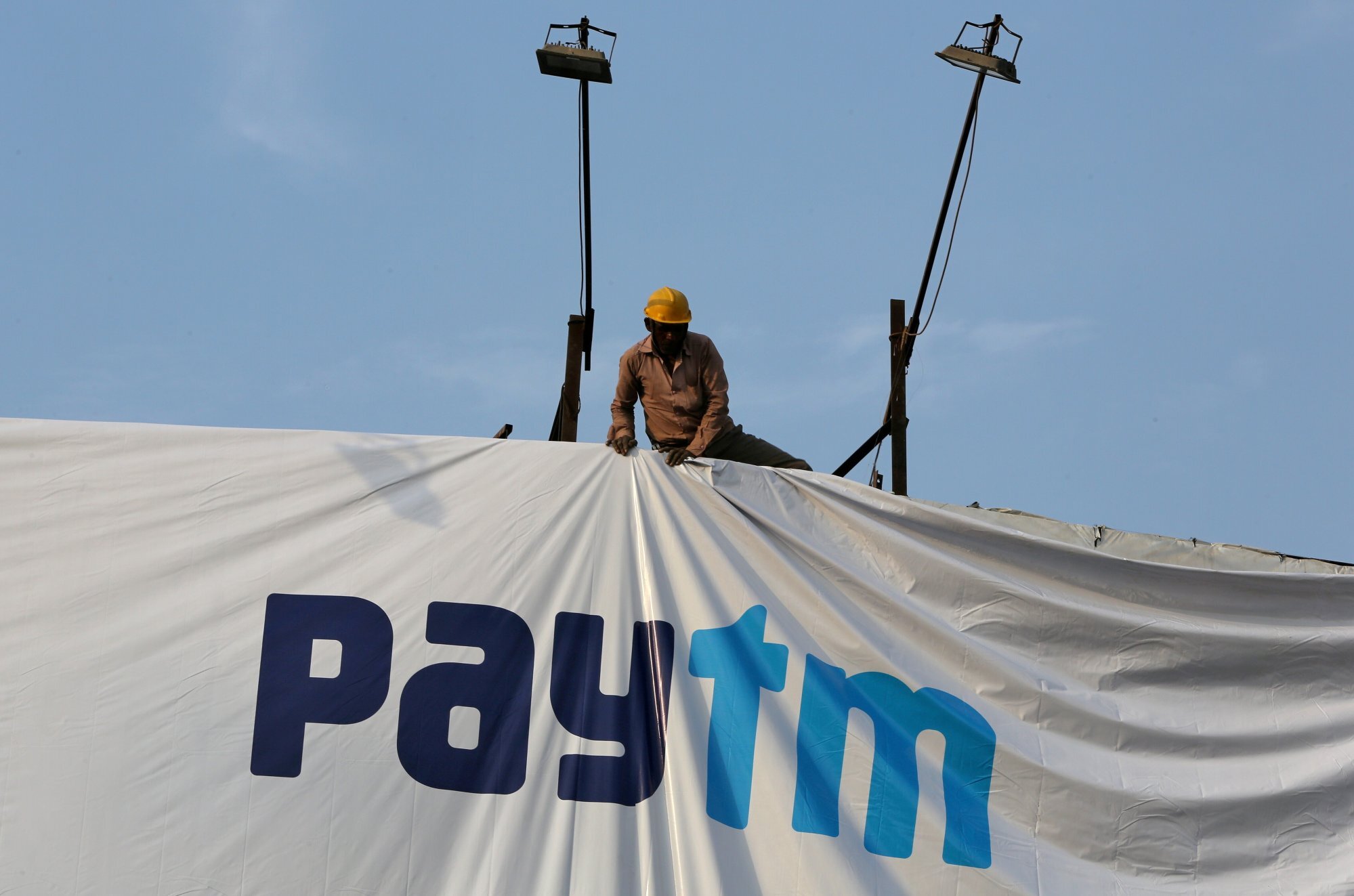
Paytm’s shares tanked because the issue was “horribly priced” for a company “burning cash with declining revenues and no profits in sight, there were a lot of red flags”, said a New Delhi analyst speaking on the basis of anonymity.
In the first two days of trading after the IPO, which hit the bourses on November 18, investors lost US$900 million in what was one of the worst-ever market debuts by a big tech company, wiping out about a third of the start-up’s value. Shares have since recovered a little, climbing as much as 12.7 per cent on Wednesday, but are still down more than 20 per cent from its offer price.
Indian billionaire urges women to dream big as beauty empire goes public
But while foreign investors like BlackRock and Canada Pension Plan Investments subscribed heavily, Indian institutions and the public largely steered clear of the flotation in which Paytm founder Vijay Sharma, Ant and SoftBank trimmed their holdings.
“They managed to scrape through the IPO on the back of foreign investors,” the analyst said. Some analysts speculated 43-year-old Sharma’s desire to stage India’s biggest IPO may have been a factor in its expensive pricing.
Sharma “nearly danced with joy” when the announcement came, according to Indian businessman Harsh Goenka who was with him. Indians were forced to turn to digital payments due to the cash shortage. Paytm, founded in 2011, “became a megacompany on the back of demonetisation because they were the only game in town,” said a Mumbai fintech strategist who declined to be identified.
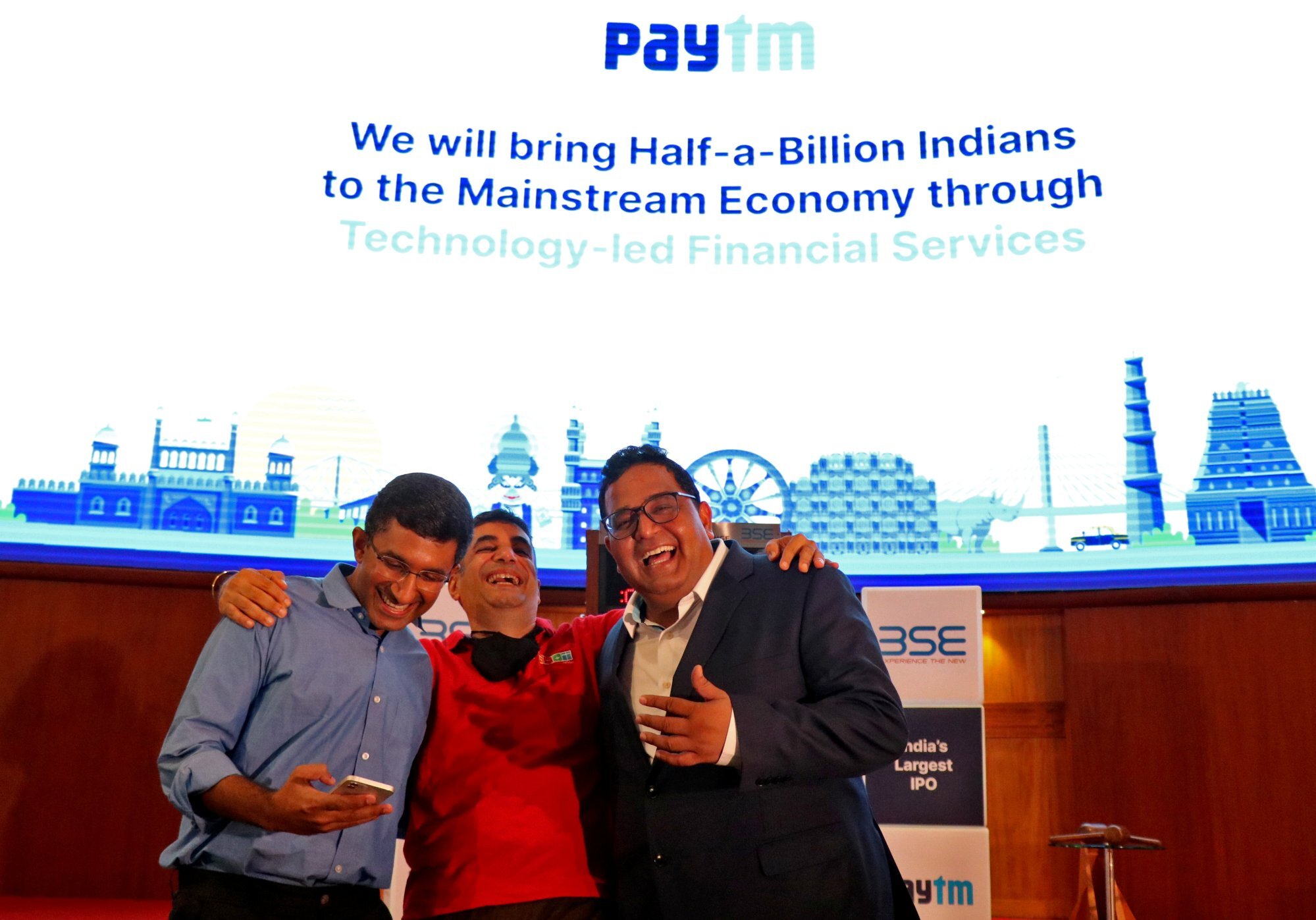
But soon after, the government unveiled a groundbreaking payments system regulated by the central bank that dramatically lowered the barriers to entry for payments app developers.
Paytm’s share in what is the world’s fastest-expanding cashless payments market has since fizzled to 7 per cent, according to payments provider Razorpay, faced by fierce competition from deep-pocketed rivals like GooglePay and PhonePe, provided by Walmart’s Indian e-commerce retailer Flipkart. “Even my gardener won’t take Paytm,” said the Mumbai strategist.
There is a silver lining to this sobering debut: it could moderate the casino-like feeding frenzy for IPO listings
More than 50 Indian companies have raised a record US$15 billion via IPOs so far this year, swept along by the country’s stock market which has been the best performing among large Asian markets.
But analysts have been suggesting for some time that valuations have become seriously overheated. Already, Paytm’s dismal start appears to be having a chilling effect on other tech businesses’ flotation plans. Indian MobiKwik on Tuesday said it would hold its IPO later than it initially planned, without giving any dates. Waiting in the wings to list are SoftBank-backed hotel group Oyo and ride-sharing company Ola, among others.
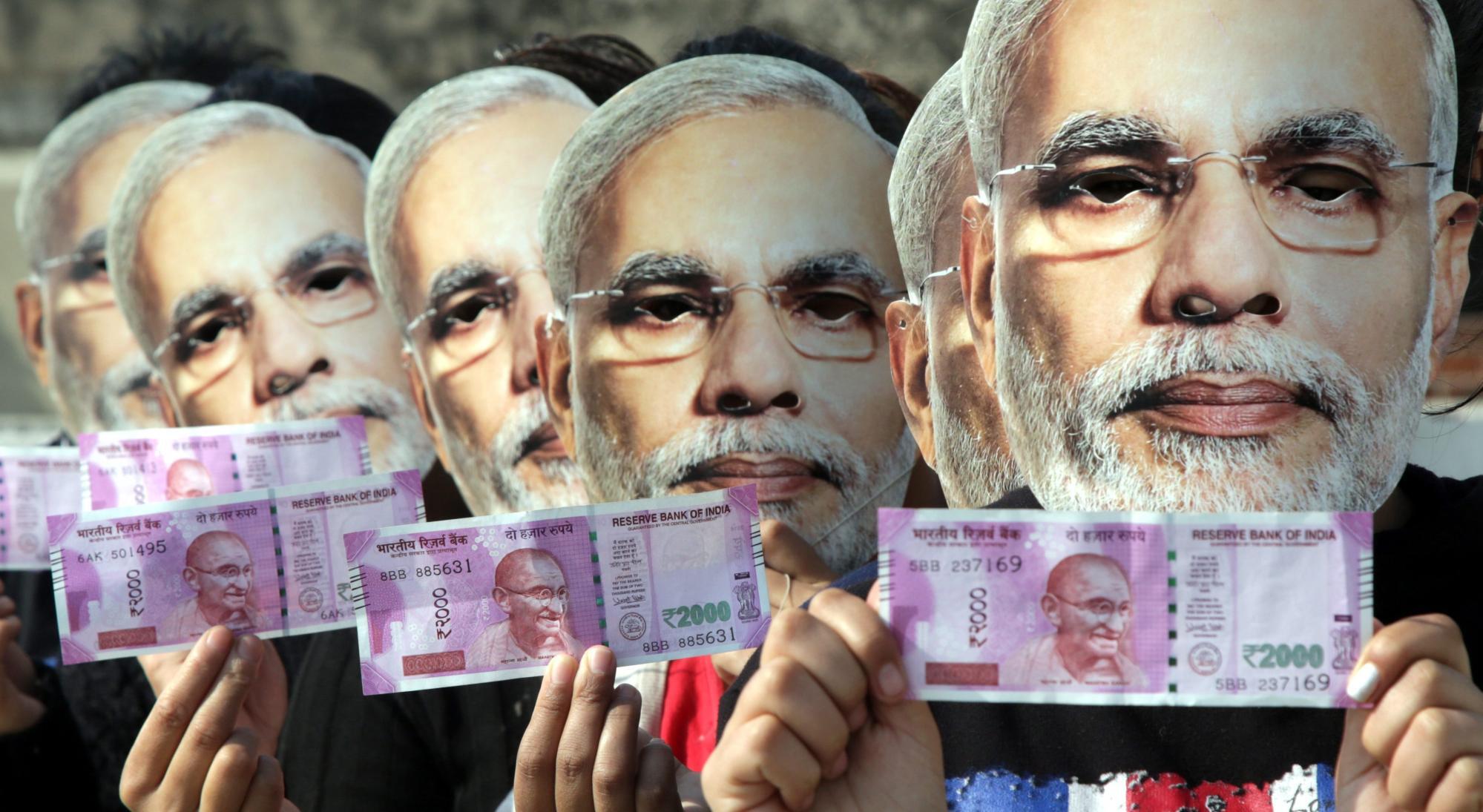
There is “a silver lining to this sobering debut: it could moderate the casino-like feeding frenzy for IPO listings and help restore the hunt for true value”, tweeted Anand Mahindra, chairman of Indian carmaker Mahindra and Mahindra.
‘I don’t believe in patriarchy’: Falguni Nayar, India’s richest self-made woman
When demand was so weak for the Paytm issue – it was subscribed just 1.89 times (Nykaa by contrast was subscribed 82 times) – analysts suspected it might mean its shares wouldn’t sparkle.
But they did far worse than expected, losing 41 per cent over two days from their initial price of 2,150 rupees (US$28.90) per share, before rebounding to over 1,700 rupees per share in trade on Wednesday. Macquarie has set a 12-month target of 1,200 rupees per share (44 per cent below the issue price), saying Paytm “has been a cash-burning machine, spinning off several business lines with no visibility on achieving profitability”.

Paytm said in its prospectus it expected to “incur losses for the foreseeable future”. One97, Paytm’s parent, posted a US$230 million loss in the last financial year on revenue that fell 10 per cent year-on-year to US$430 million. “We’ve been telling investors that is a significantly high amount of money to be losing,” Choksey said. “They keep going into different businesses using their technology but they need a sustainable model to make money.”
So why did seasoned institutional investors like BlackRock put their money into Paytm? “There is the Fomo [fear of missing out] factor. India is the last bastion of great hopes and fabulous returns in the long term,” said the Delhi analyst.
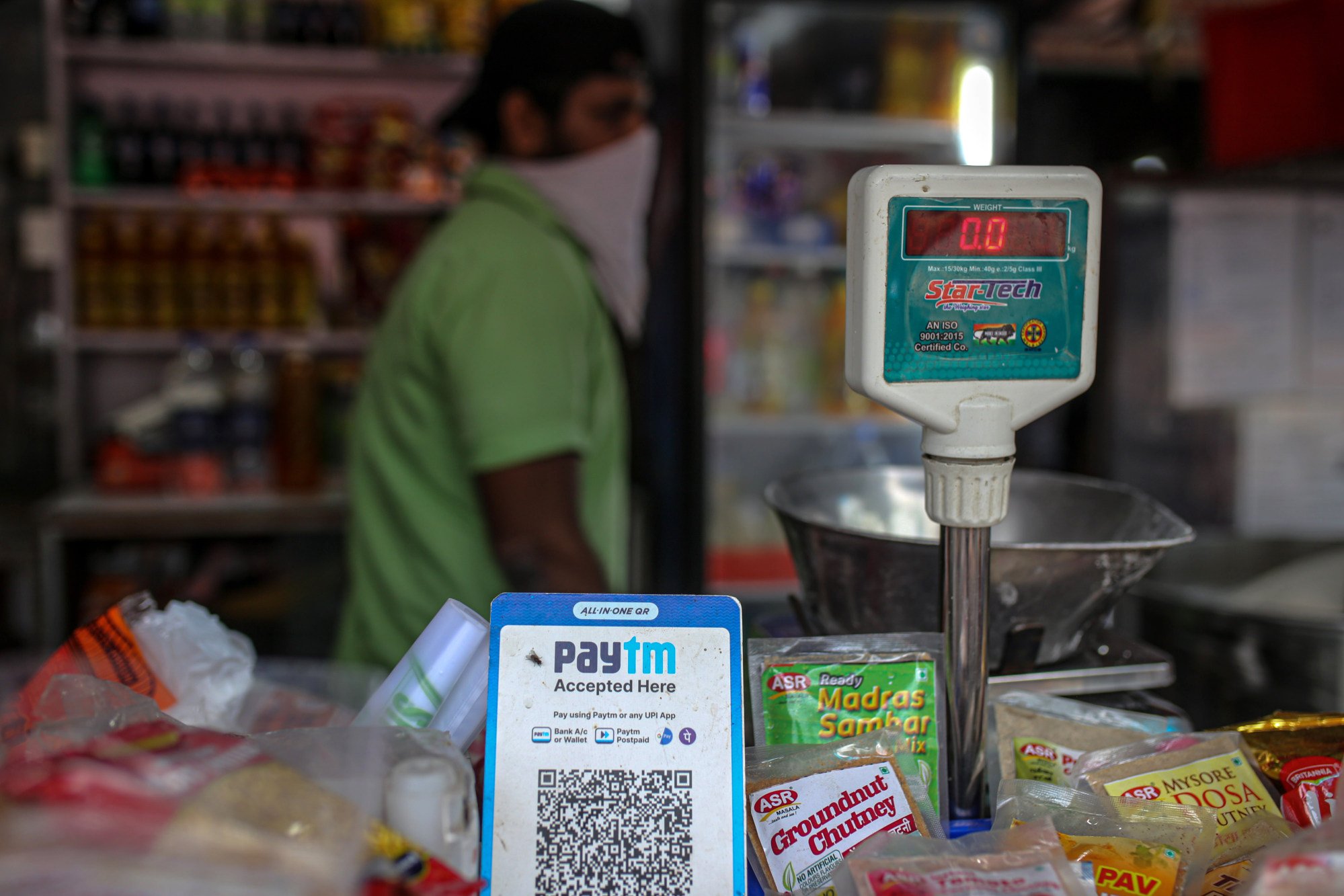
The electric vehicle-maker, he reminded employees at a marathon four-hour town hall meeting, had been the world’s most shorted stock for a few years before its market capitalisation ballooned to over US$1.1 trillion.
Using a cricket analogy, Sharma said, “Wickets on the first two balls don’t mean the match is lost.”
